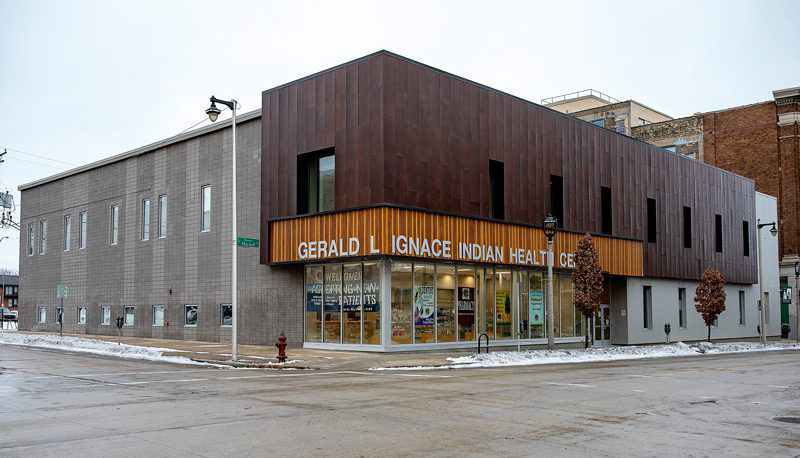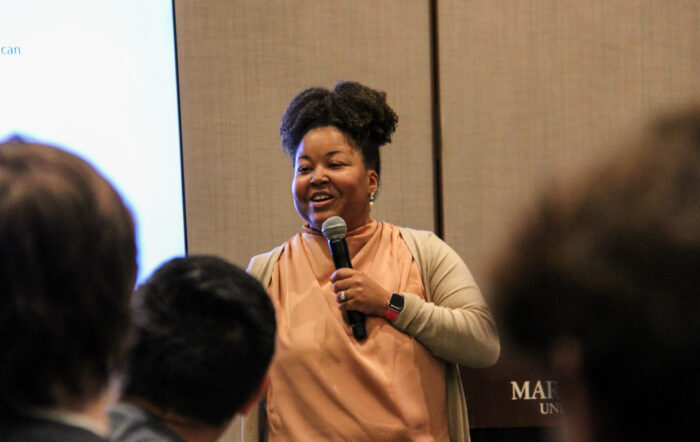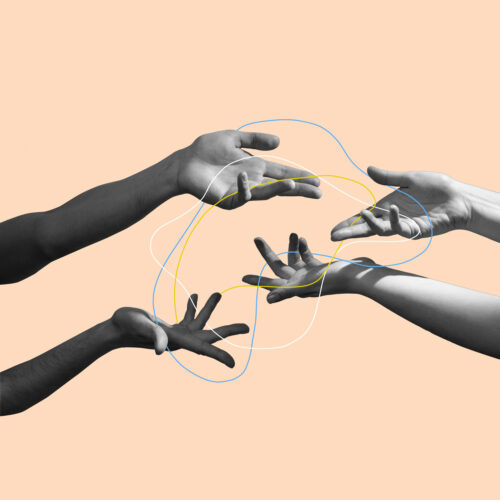Leaders from Wisconsin’s lone Indian health center recently visited the state’s only dental school to discuss dentistry, public health and the cultural impact of serving Native populations.
November’s “Bridge Building Session,” an educational forum hosted by Marquette University School of Dentistry’s Office of DEI & Belonging, featured a forum-style conversation with guests from the Gerald L. Ignace Indian Health Center, located on Milwaukee’s south side.
“It is so important that anyone increase the quantity and quality of interactions with people who are outside of their identities,” says Teon Austin, director of diversity and inclusion in the dental school. “With it being Native American Heritage Month, it’s one of those things that that can just pass by if you’re not really paying any attention to it. The first step is definitely recognition.”
Austin, who moderated the panel, began by reading Marquette’s land and water acknowledgement, which recognizes the long history of Native peoples and nations that lived on and stewarded the land and water where the university now resides. Dr. Tabitha Fischer, a dentist at the Ignace Indian Health Center who is Native Alaskan, showed appreciation for the acknowledgement.
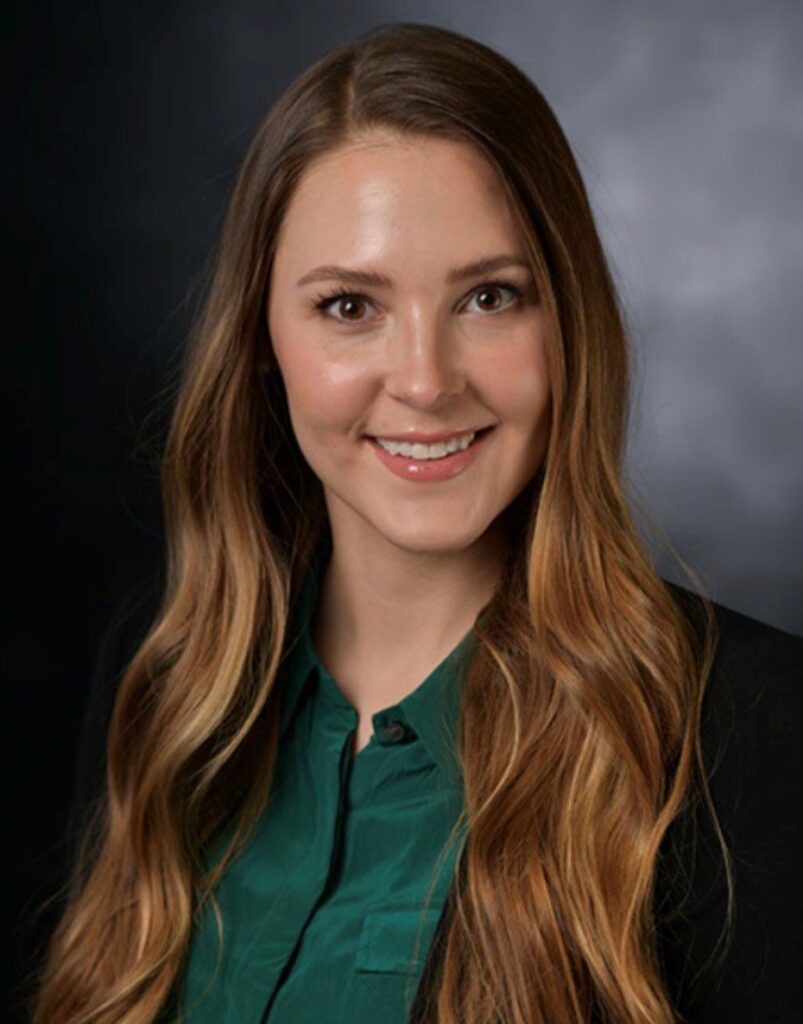
“Performative inclusivity is very noticeable,” Fischer said at the session. “It’s important to make an effort not only for yourself, but the people around you. It’s calling it out by saying, ‘there were people here before us.’”
About 50% of the patients at the health center identify as Native American or Alaska Native, while roughly 30% identify as Hispanic or Latino, according to Public Health Advisor Melissa Ugland. Milwaukee County has the largest population of Natives in the state, Ugland says.
The center provides health care services in through its dental and medical clinics, physical therapy, child and family services, behavioral health services and other areas. It also participates in traditional Native rituals such as smudging — a sage-burning ceremony for purifying or cleansing the soul of negative thoughts of a person or place — and hosts an annual community powwow.
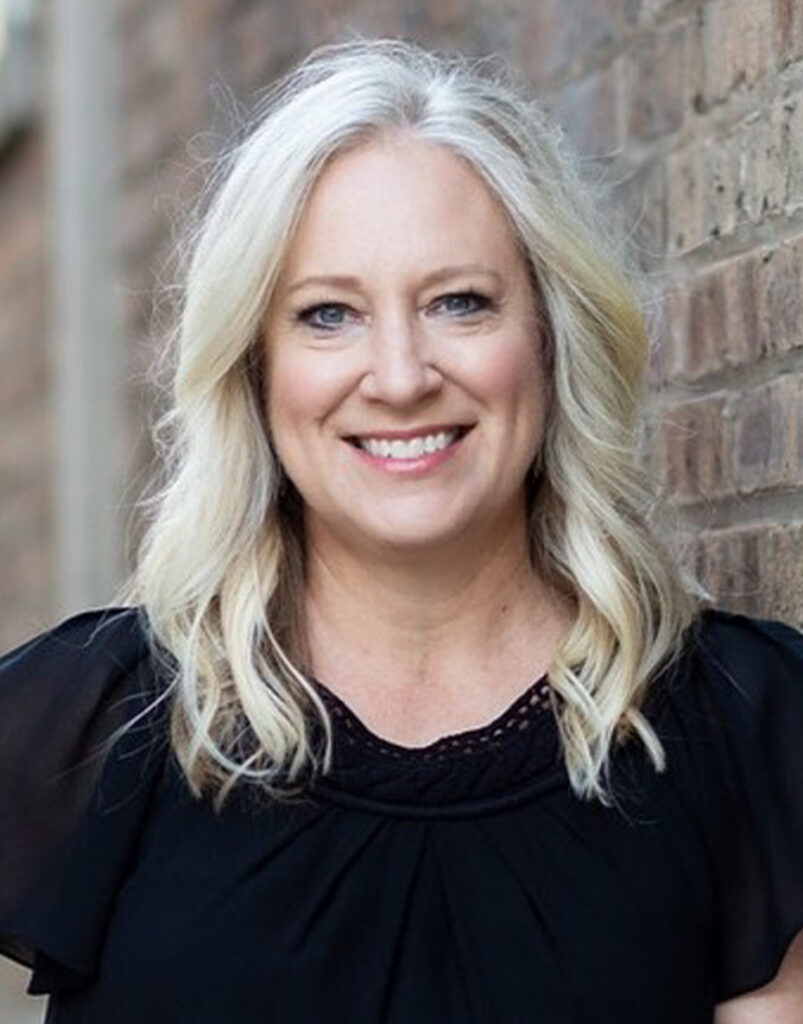
“The smell of the sage burning, for a lot of people that’s like, ‘this is a place that recognizes my tradition and my culture,” Ugland says. “You may have anxious patients who are like, ‘I need to smudge. I need to calm myself down. I need to get myself in a good frame of mind to go undergo this procedure.’ The fact that our clinic provides that service and we employ at least one person at all times that provides those services shows the level of commitment and understanding that a lot of places just don’t have.”
Like previous Bridge Building sessions, Austin’s goal is to introduce Marquette dental students to cultural relevancies they may not encounter in their clinic rotations. He believes learning those nuances can help remove some cultural barriers to care, and improve the relationship between a doctor and patient.
“Sometimes we get wrapped up in just learning the clinical aspect of what it takes to be a professional, and we don’t realize how valuable that chairside manner and ability to build and maintain rapport is,” he says.

Dr. Magda Canevaro, a School of Dentistry graduate and dental director at the Ignace Indian Health Center, says her experience at community clinics in the 1990s introduced her to different cultures and underserved communities. After several years in private practice, she made the decision to return to public health dentistry.
“Marquette did a good job of exposing me to the community and it’s important that the students today continue to get those opportunities,” she says.
While Marquette and the Ignace Indian Health Center don’t have a formal partnership, Austin says he hopes the school can continue to grow its relationships with public health centers in the state for more educational opportunities.
